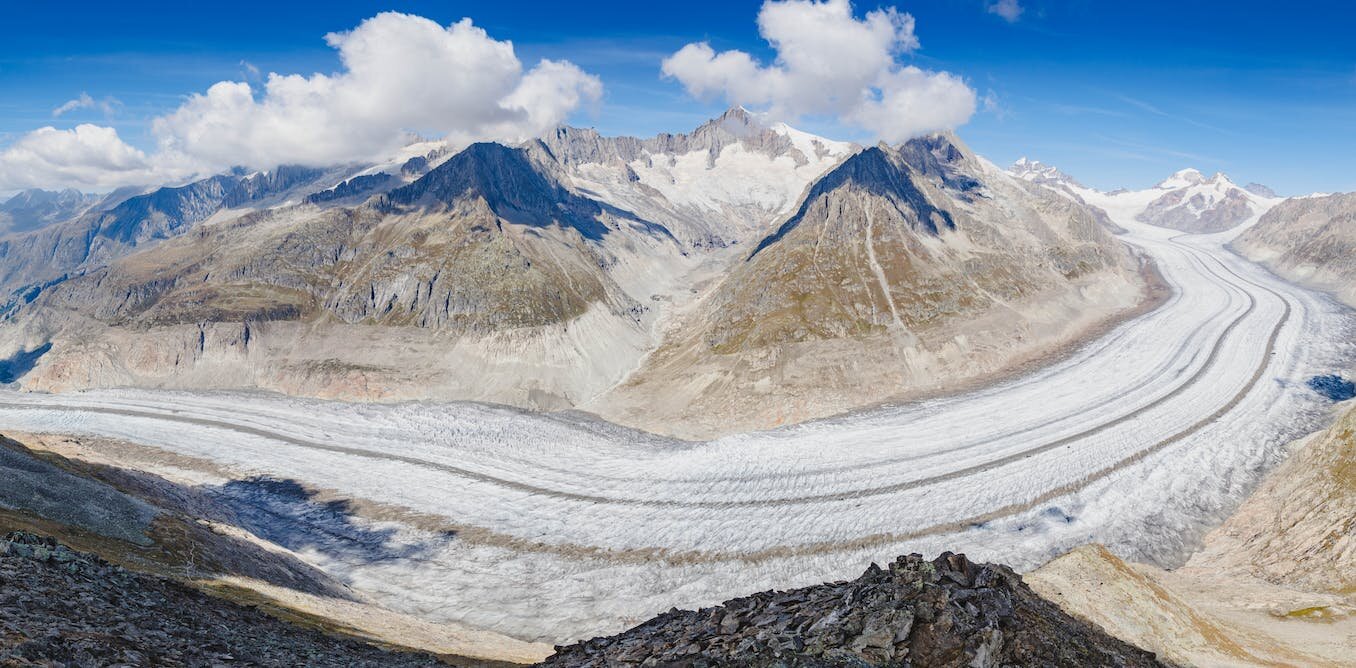
Researchers looked at soil and lake sediment from Lake Hazen, the largest lake by volume north of the Arctic Circle. Sequencing segments of DNA and RNA found in the soil, the scientists sought to identify the pool of viruses present in the environment.

Austrian glaciers have also lost more glacial ice in 2022 than they have in 70 years of observations and therefore it is quite clear that severe melt has been the norm in 2022.

More than half of the digital data firms generate is collected, processed and stored for single-use purposes. Often, it is never re-used. In 2020, digitisation generated 4% of global greenhouse emissions.

The Southern Ocean has dominated the global absorption of heat. In fact, Southern Ocean heat uptake accounts for almost all the planet's ocean warming, thereby controlling the rate of climate change.

Researchers found "giant" viruses – several times larger than typical viruses – affecting microscopic algae just below the boundary between fresh water and salt water.

Relentless rains in Pakistan over two months have caused the country's worst flooding in more than a decade. Floodwaters have washed away roads, buildings, and crops. A third of the country is now underwater.

The overall conclusion of the report is that climate change, habitat loss, invasive species, pollution, and resource extraction have pushed Australia's environment into a serious and severely deteriorating state.

To buy time for weaning ourselves off our fossil fuel addiction, we could simply raise a parasol made of high-tech bubbles over the planet to create a bit of shade.

On top of intensifying algal blooms and depleting oxygen, a new study reveals Earth's bodies of freshwater are also evaporating at a greater rate than we realized.

There is an even chance that global temperatures will temporarily breach the benchmark of 1.5 degrees Celsius above pre-industrial levels in one of the next five years, the United Nations warned.

The ocean memory decline is expected to make it significantly harder for scientists to forecast upcoming ocean dynamics. It will hinder our ability to project monsoons, marine heatwaves and periods of extreme weather, among other things.

Fish on Australia's Great Barrier Reef are losing their colour as coral reefs degrade and die during bleaching events, a new study shows.

Eastern Antarctica has recorded exceptionally high temperatures in March, more than 30 degrees Celsius above normal, say experts.

The increase in global CO2 emissions of over 2 billion metric tons in 2022 is the largest in history in absolute terms, more than offsetting the previous year's pandemic-induced decline.

Warmer oceans can lead to large amounts of methane being released from the seabeds, which may amplify climate warming.